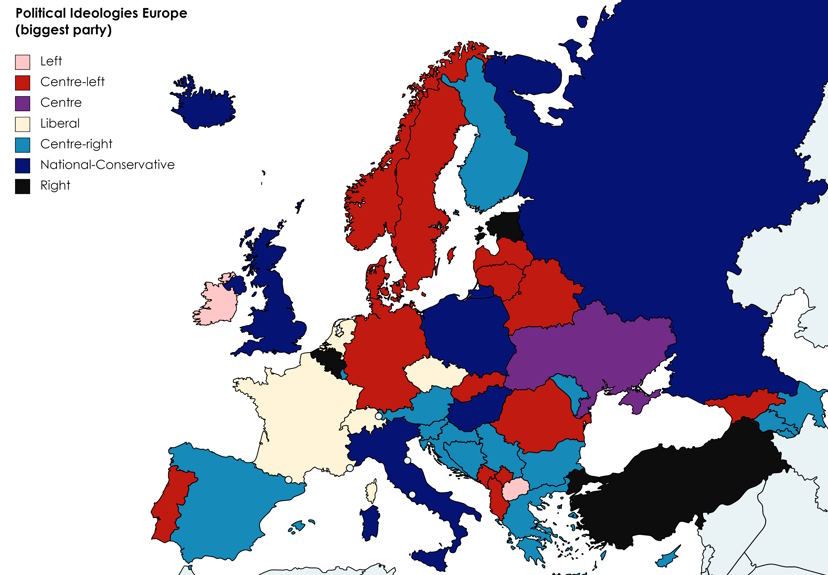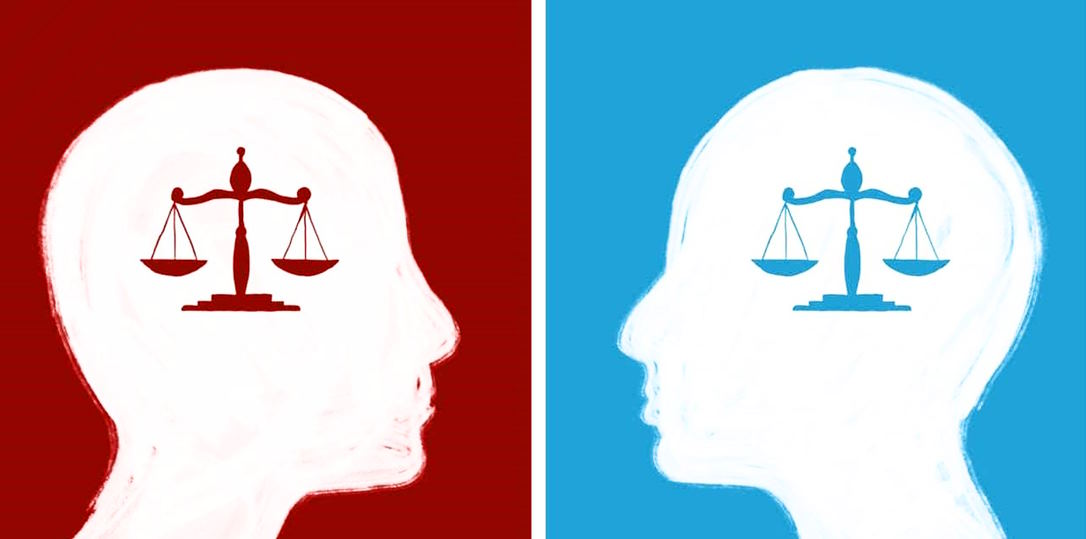The Evolution of Political Ideologies in Europe: From Left to Right
The evolution of political ideologies in Europe has shaped the course of history and continues to influence contemporary politics. From the emergence of feudalism and monarchism to the rise of liberalism, socialism, conservatism, nationalism, and beyond, Europe has been a hotbed of political thought and ideology. Over time, these ideologies have shifted and transformed, shaping the political landscape from left to right. Understanding the evolution of political ideologies in Europe provides valuable insights into the dynamics of power, governance, and societal values, and serves as a foundation for comprehending the complex and ever-changing political landscape of the region.
The Rise of Left-wing Ideologies
The Industrial Revolution brought about significant social and economic changes in Europe, with the rise of industrial capitalism and the growth of urban centers. As the working class emerged as a distinct socio-economic group, facing exploitation, low wages, and poor working conditions, left-wing ideologies began to gain traction as a response to these inequalities.
Socialism, in particular, emerged as a prominent left-wing ideology in Europe. It advocated for the collective ownership and control of the means of production and distribution, with the goal of creating a more equitable society. Socialism evolved from early forms of utopian socialism, which focused on idealistic visions of communal living, to scientific socialism, which was grounded in class struggle and economic analysis.
The ideologies put forth by socialist thinkers such as Karl Marx had a profound impact on Europe. Marx’s theories of historical materialism, class struggle, and the inevitability of revolution galvanized working-class movements across the continent. Marxist ideology, with its emphasis on the proletariat as the revolutionary class, influenced the development of labor unions, political parties, and social movements advocating for workers’ rights and social change.
Left-wing ideologies, including socialism and its various iterations, have played a significant role in shaping European societies and politics. They have spurred movements for social justice, workers’ rights, and equality, and have contributed to the establishment of welfare states and social safety nets in many European countries. However, they have also faced challenges, debates, and adaptations in response to changing societal and economic conditions.

The Emergence of Right-wing Ideologies
As political ideologies evolved in Europe, right-wing ideologies emerged as a reaction to liberalism and socialism. These ideologies offered distinct responses to social and political change, often emphasizing traditional values, national identity, and authoritarianism.
Conservatism, a prominent right-wing ideology, emerged as a response to the rapid changes brought about by liberalism and socialism. Conservatism sought to preserve traditional values, institutions, and social hierarchies, often advocating for gradual change and stability. It emphasized the importance of order, authority, and continuity, and was often associated with the aristocracy, monarchy, and established religious institutions.
Nationalism also played a significant role in shaping right-wing ideologies in Europe. Nationalism emphasized the importance of national identity, culture, and sovereignty. It often sought to protect and promote the interests of a particular nation or ethnic group, and could be associated with xenophobia, exclusionary policies, and aggressive nationalism.
Fascism emerged as an extreme form of right-wing ideology in Europe, characterized by authoritarianism, totalitarianism, and strong nationalism. Fascist movements sought to create a centralized, dictatorial government led by a single leader, often with a focus on militarism, social unity, and suppression of dissent. Fascist ideologies were associated with extreme nationalism, anti-democratic tendencies, and often led to authoritarian regimes with oppressive policies.

Contemporary Political Ideologies in Europe
Contemporary political ideologies in Europe are characterized by a diverse landscape with a wide range of ideologies coexisting and competing for influence. From traditional left-wing and right-wing ideologies to emerging trends such as populism and Euroscepticism, the political landscape in Europe is dynamic and constantly evolving.
One of the notable features of contemporary political ideologies in Europe is their diversity. There are various shades of liberalism, socialism, conservatism, and nationalism, with different parties and movements representing these ideologies in different countries. This diversity often leads to debates, discussions, and clashes of ideas within and between political ideologies, reflecting the complexity and nuances of the political landscape in Europe.
Challenges and debates also arise within political ideologies themselves. For example, debates about the role of the state, the balance between individual liberties and social justice, and the approach to globalization and migration often shape the discourse and policies of political ideologies in Europe. These challenges highlight the evolving nature of political ideologies and the need for constant adaptation to changing societal, economic, and technological conditions.
In addition to traditional ideologies, emerging trends such as populism and Euroscepticism are gaining traction in Europe. Populist movements often challenge established political parties and institutions, advocating for the interests of the common people against the elite. Euroscepticism, on the other hand, questions the integration and authority of the European Union, reflecting concerns about sovereignty, identity, and globalization.
The prospects for the future of political ideologies in Europe remain uncertain. As societal, economic, and technological changes continue to shape the political landscape, political ideologies may evolve, adapt, or face challenges. However, understanding the dynamics and complexities of contemporary political ideologies in Europe is essential for comprehending the current state of European politics and anticipating the future trajectory of political thought and movements in the region.

